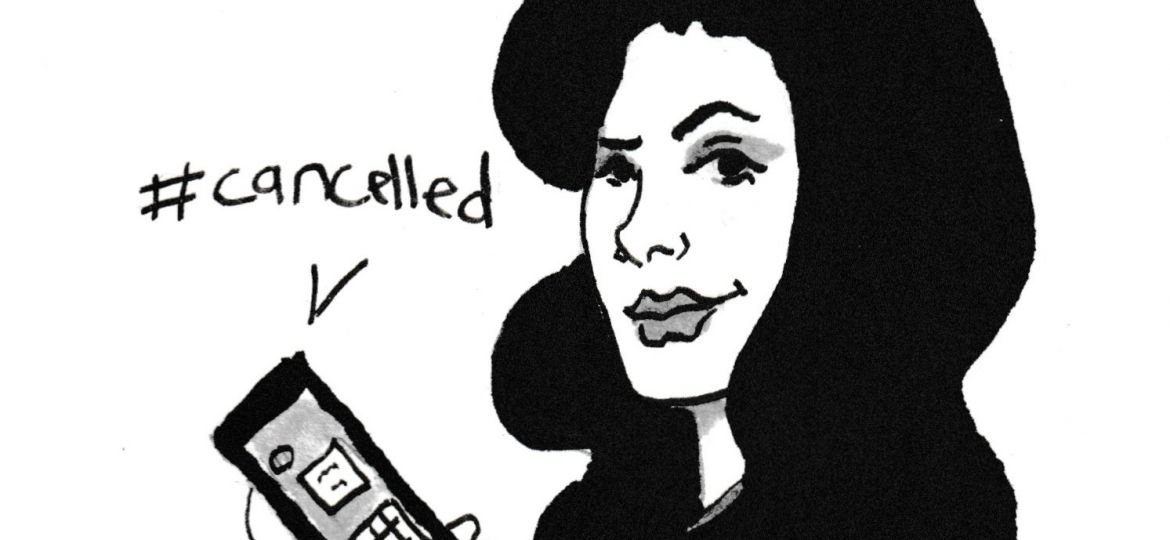
A video of former President Barack Obama criticizing cancel culture has been gaining attention on social media. The video is from a rare public appearance Obama made on Oct. 29 at an Obama Foundation Summit, but his even rarer harshness raised eyebrows for his online fanbase.
To be clear, definitions of cancel culture can vary, but my definition is attempting to hurt someone’s career and steer success away from them if they are bigoted. People deserve second chances, but most celebrities who are cancelled have good reason to be.
Obama claimed that young people on social media think activism is being “as judgemental as possible.” He said that people can tweet against a celebrity and “sit back and feel pretty good” because of how “woke” they are.
He even defended his views by saying, “People who you are fighting may love their kids.” Whatever that means.
Basically, Obama hates social media activism and cancel culture and his harsh language offended many young people, including myself. I am not a big fan of Obama to begin with, but with the 2020 elections ramping up, Obama cannot be excusing racism, sexism and other forms of discrimination, which is what cancel culture targets.
My favorite example is when cancel culture targeted actress Scarlett Johansson after years of problematic actions and comments. She took the lead role in the live-action adaptation of the Japanese manga series “Ghost in the Shell.” She also tried to take a transgender lead role in “Rub & Tug” despite being a cis-gender, white person. She then responded to criticism by saying that she should be able to play “any person, tree or animal.”
Many people had conversations about the complex subjects of representation in media and plenty agreed that Johansson was a bigot who should not be supported. Johansson is the type of person who does not deserve a second chance anymore because she is clearly bigoted and there are people with much more talent and intellect who can do her job better.
Social media allows many more people to be educated about the other media they consume and good conversations about politics can occur when a celebrity is cancelled. Obama says cancel culture is not “bringing about change,” but I actually got into politics and educated myself after seeing so much buzz about the 2016 elections on Tumblr and Instagram.
“Obama says cancel culture is not ‘bringing about change,’ but I actually got into politics and educated myself after seeing so much buzz about the 2016 elections on Tumblr and Instagram.”
Does social media activism get bills to pass or wars to stop? Absolutely not, but activism does not have to be at the macro level. Simply educating Americans in every way possible can have great impacts on our conversations about topics such as race and gender.
When people, especially politicians, are abrasive to “wokeness,” it just means they do not like being politically correct or watching their language. It is really not hard to be polite and not racist or sexist.
Considering the 2020 elections are ramping up, Obama must uphold high standards for Democrats and even higher standards for anti-racists and anti-sexists. The discussion within the party must be about how to alleviate and ultimately solve America’s oppressive structures and that requires accurate language or political correctness or “wokeness,” as Obama calls it.
While I understand that sometimes teenagers on Twitter can be ruthless and harsh, the majority of cancel culture deals with either clear examples of bigotry or debates about the gray area and both situations are completely valid and helpful for political discourse.
While Obama may have tried to point out the extreme of social media, he actually offended teenagers who learn and discuss politics on platforms like Twitter. Social media activists who spread the word and debate about political correctness are not the enemy.
Karen Larionova ’23 is from Eden Prairie, Minn. Her major is undecided

